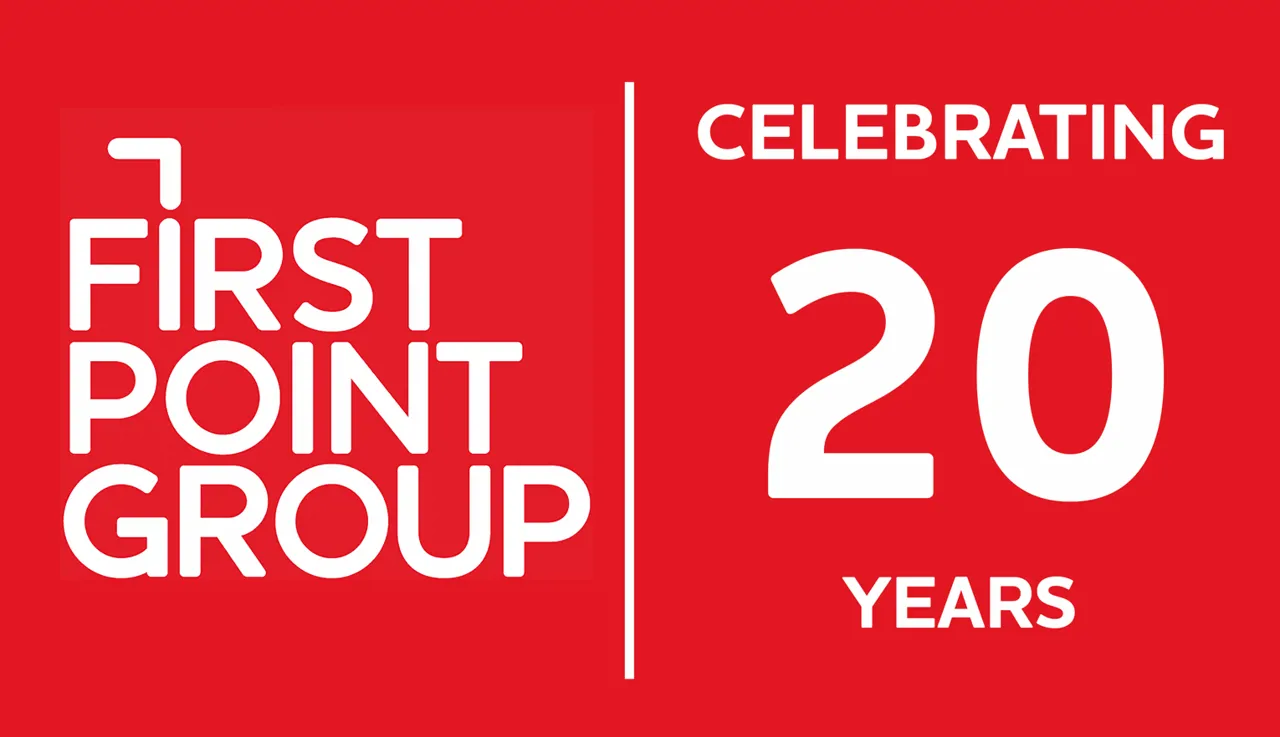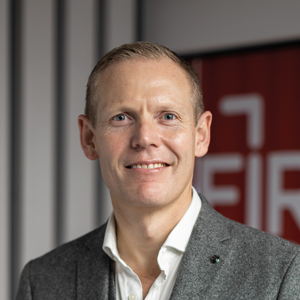Microsoft opens new AI hub in London, triggering ‘temporary disruption’ bound to benefit IT contractors
First Point Group was recently quoted in the article below published by Free-Work. You can view the original article here.
Microsoft has dedicated part of its London offices to Artificial Intelligence, in a move IT recruiters told Free-Work they welcome.
But the software giant, which pays AI engineers a base salary of up to £68,000, is yet to specify which AI jobs its Paddington outpost will offer.
'Exceptional individuals'
The Redmond-headquartered company said on April 7th that “Microsoft AI London” will however need “exceptional individuals.”
It also said the new AI recruits will undertake “pioneering work to advance state-of-the-art language models and their supporting infrastructure.”
While that sounds like Microsoft code for fine-tuning its AI showpiece for enterprise - Copilot - it won’t just be Weak AI roles on offer.
'Posting job openings in the coming weeks'
According to Microsoft’s Mustafa Suleyman, the new recruits will work on “the most interesting and challenging AI questions of our time.”
But as to candidates, Suleyman, the former CEO of both Inflection and Google DeepMind didn’t go into from where they will be sourced, or how many in total will be required.
Suleyman did talk of ‘when’(“posting job openings in the coming weeks”), yet just like total intake, Microsoft’s AI recruitment campaign remains under wraps.
In fact, a Microsoft spokesperson yesterday pointed Free-Work to its live UK jobs, but ‘Principal Applied Scientist,’ based in London and posted some 14 days, is the most AI-centric.
'Microsoft AI London to temporarily disrupt the market'
Contract technology recruiter Matt Collingwood says even when Microsoft AI London does start its AI hiring spree, as exciting as that will be, it still won’t represent a new frontier.
“It’s fantastic news that Microsoft is setting up a new AI hub… but will it create thousands of new job opportunities for IT workers? In a word, ‘No.’
“But it will temporarily disrupt the market,” Collingwood, boss of VIQU revealed to Free-Work.
“That’s because some techies will job-hop to the bright enticing lights of Microsoft.
“And that will leave opportunities for IT recruiters like me to backfill existing positions and skills-gaps in organisations.”
'Jumping ship'
Suleyman himself knows the value in job-hopping, as does AI expert Jordan Hoffman -- who has been appointed to lead Microsoft AI London (or ‘MAL’).
“Suleyman suddenly jumped ship from Inflection [to Microsoft’s consumer AI unit] taking key staff with him.
“Including Hoffman, and also Inflection’s co-founder and chief scientist Karén Simonyan”, says TechMarketView’s Craig Wentworth.
As principal analyst at the UK’s foremost technology research analysis and advice firm, Wentworth issued a note to his clients at the time MAL declared itself open for business (April 7th).
'Land-grab for Artificial Intelligence expertise'
In the note, Wentworth predicted that amid “something of a land-grab for AI expertise,” “we’ve likely not heard the last of defections”.
The analyst yesterday effectively confirmed he was referring to top-brass, with “former start-up talent” among those Hoffman will hope to lure into leadership roles.
“The activity from large firms looking to bag themselves an edge in terms of AI development expertise is feverish,” TechMarketView’s Wentworth continued yesterday to Free-Work.
“Many [AI providers are now looking] to ‘out-announce’ each other with new features; scope of their AI services, [and even respected names known by their reputation].”
'AI talent shortage'
The so-called “land grand grab for AI expertise” won’t discriminate though, so it’s not just ‘big fish’ who might be poached by Microsoft AI London.
“There is a well-documented…shortage of AI talent,” confirms David Taylor, managing director at IT staffing firm First Point Group's London office.
“For several years now, blue-chip companies have been focusing on hiring graduates -- and professors, in AI /Machine Learning from universities.
“These [individuals] are often at the cutting-edge of AI, and in terms of graduates, they offer [the end-client or employer] a significant cost saving in an inflated candidate-led market.”
'Transferable skills in Data Science and Programming'
But just like Microsoft AI London won’t only be interested in big names leaving start-ups, it won’t only be interested in professors or graduates either.
“If you’re not an AI grad or expert, organisations do look for transferable skills in areas such as Data Science and Programming,” Mr Taylor clarified to Free-Work, adding:
“My advice [if you’re a data scientist or programmer looking to break into AI] is to look for opportunities or organisations that can provide some exposure to projects that involve some form of AI, and then build your experience from there.”
And increasingly, it’s not just wholly technology or purely IT organisations which are running AI/Machine Learning projects and programmes.
'AI skills demand surge from a broad spectrum'
Charlie Cox, freshly appointed global sales transformation director at technology hiring behemoth SThree, shared this assessment with Free-Work last night:
“The announcement of Microsoft’s new AI hub in London is significant not just for the tech sector but [also] for the broad spectrum of industries experiencing a surge in demand for AI skills,” he says.
“The diversity of industries seeking these skills is striking, extending far beyond traditional tech businesses into fields like Life Sciences, Finance, and Manufacturing – all eager to leverage AI for innovation and efficiencies.”
'Technology Improvement Programme, in close collaboration with Microsoft'
Cox says SThree, a FTSE-listed recruiter with a STEM focus, is a case in point.
He explains: “Even within our own business, and in close collaboration with Microsoft, we are undertaking a Technology Improvement Programme.
“[The TIM] will see us take advantage of AI-driven improvements to streamline some of our internal processes and enhance Data Analysis. This is quite groundbreaking for the recruitment and staffing sector.
“So of course we are optimistic about the opportunities this new AI hub from Microsoft London will create.
“It’s not just about advancing AI technology though, but also about building a robust and skilled workforce, ready to propel [UK] industries forward.”
'Prompt Engineering'
At TechMarketView, Wentworth echoed last night in a statement: “I’m seeing… increased interest in AI both from the operational side -- i.e. [the need] for skills in Prompt Engineering, as well as the ability to effectively apply AI tools in business context. [But] across sectors.
“At the same time, AI is being further integrated into [commercial] practice, and in a more leading-edge development setting, such as startups and specialists in R&D, where those tools are being created.”
'Science, Engineering, Product, and Design coming together'
On March 19th 2024 in an internal memo to Microsoft’s workforce, CEO Satya Nadella gave some further clues as to the skillsets which the world’s largest software company is seeking for its AI development.
Nadella, in relation to AI told Microsoft’s existing rank-and-file in the memo: “[We] must ensure we have the capability and capacity to boldly innovate.
“This is about Science, Engineering, Product, and Design coming together and embracing a learning mindset to push our innovation culture and product building process forward in fundamental ways.”
Microsoft says MAL is the newest addition to its UK presence, notably the Microsoft Research Cambridge lab, which claims to be “home to some of the foremost researchers in the areas of AI, Cloud and Productivity.”
The Paddington-based Artificial Intelligence hub follows Microsoft’s £2.5bn investment to upskill the UK workforce for the AI era and to build the infrastructure to power the AI economy, including the company's pledge to bring 20,000 of the most advanced GPUs to the UK by 2026.


 Asia
Asia
 France
France


